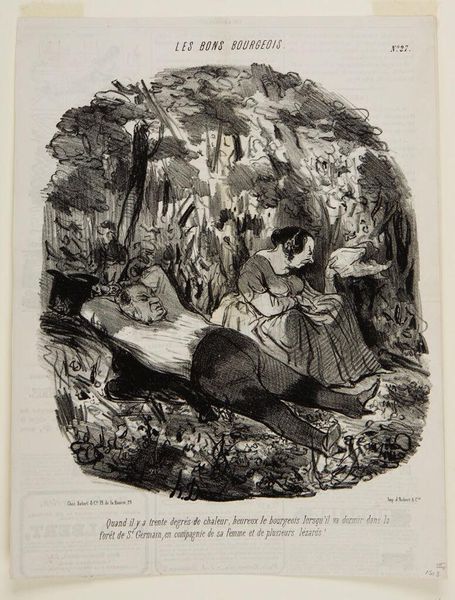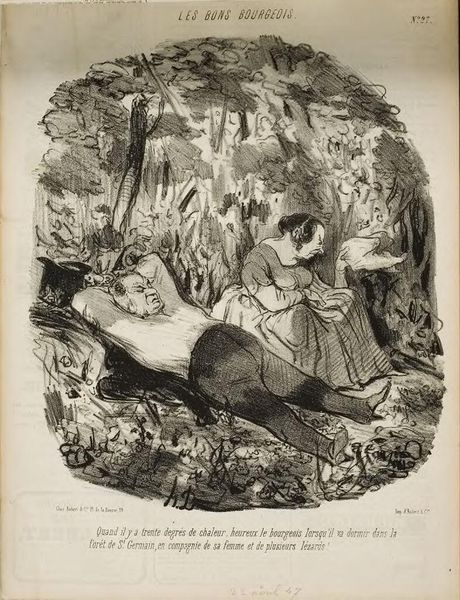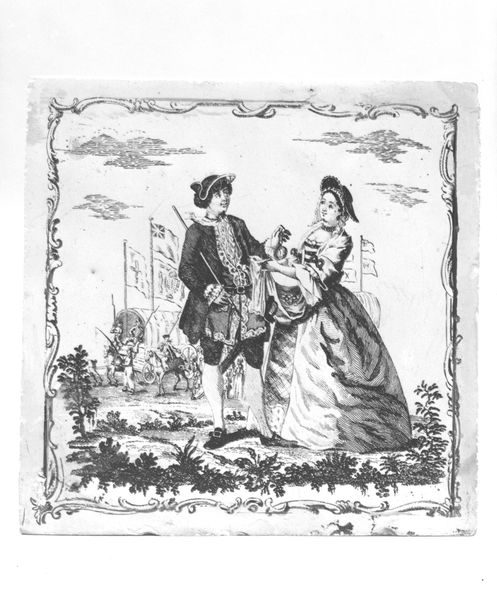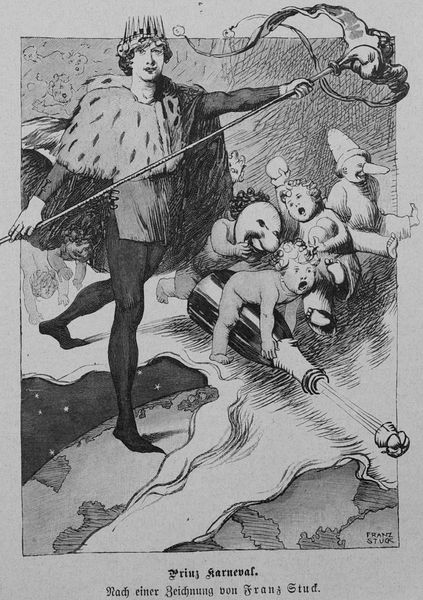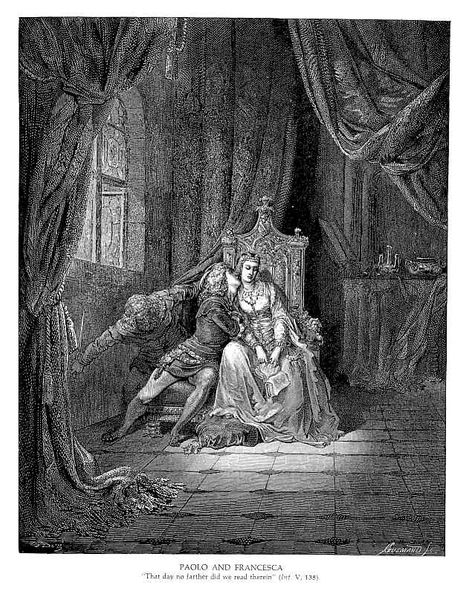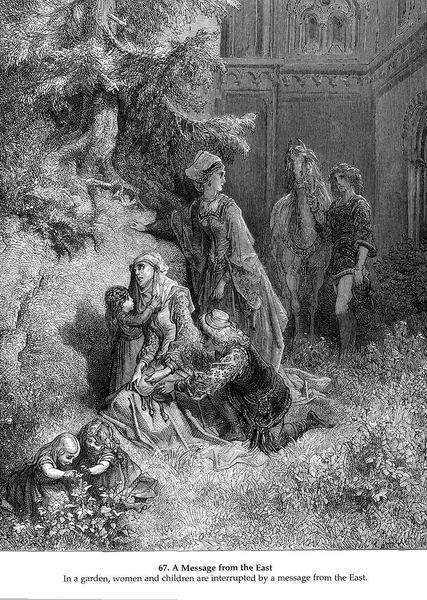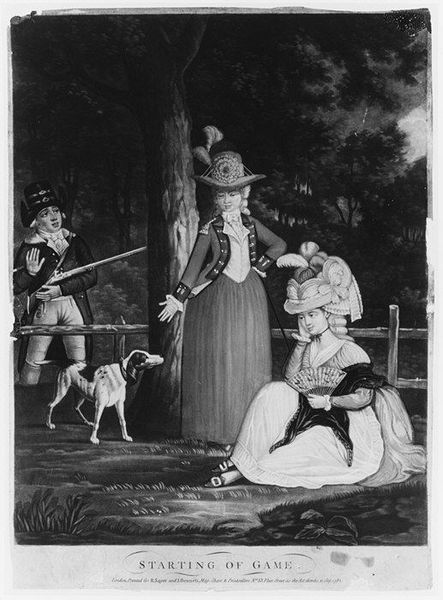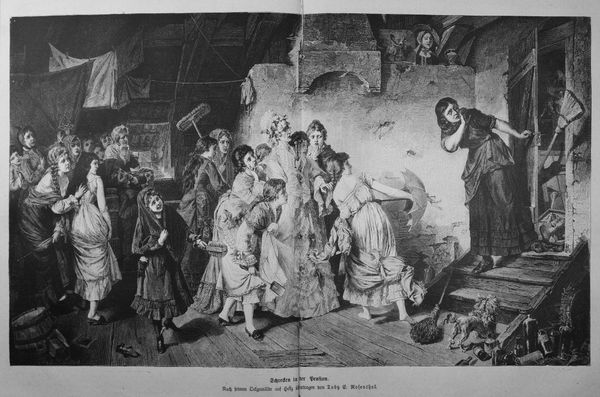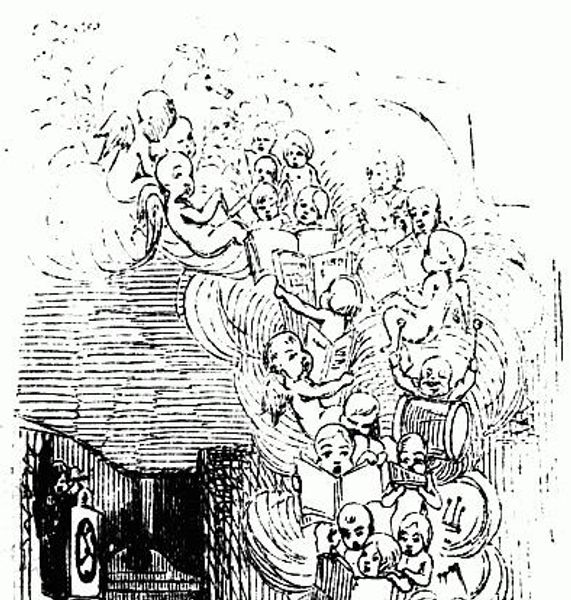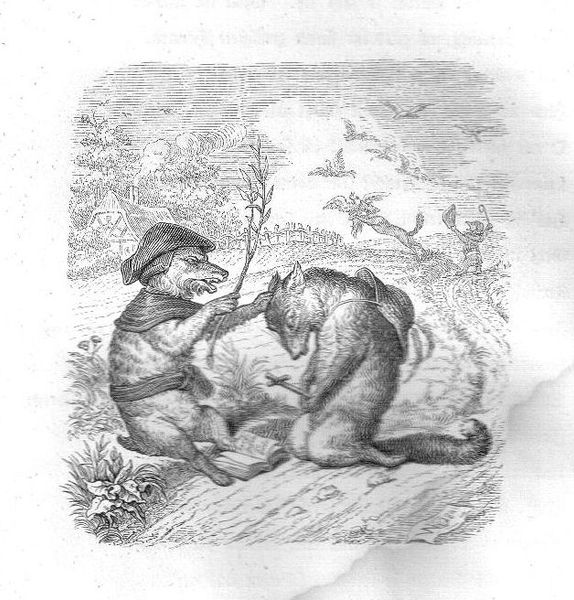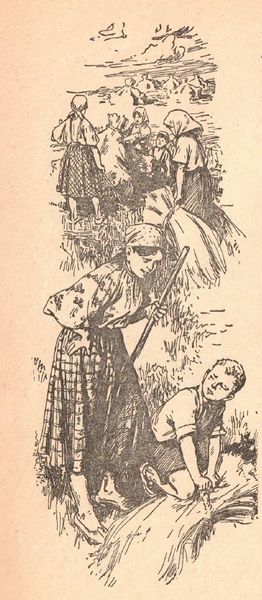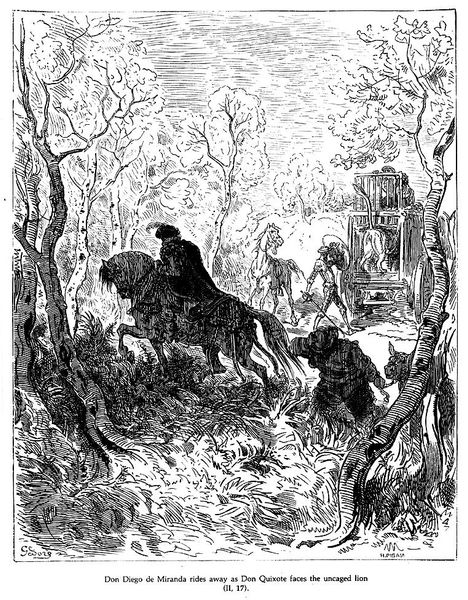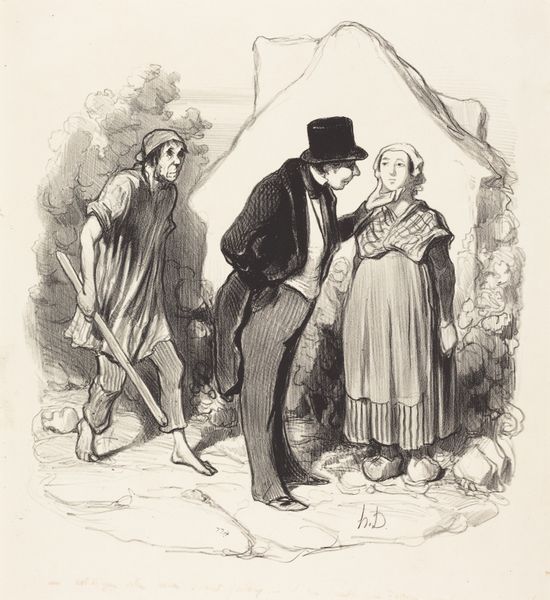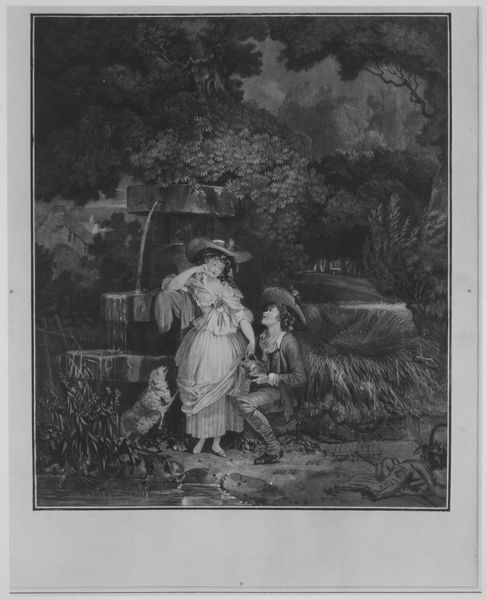
drawing, paper, ink, pen
#
portrait
#
drawing
#
narrative-art
#
charcoal drawing
#
figuration
#
paper
#
charcoal art
#
ink
#
romanticism
#
pen
#
genre-painting
#
charcoal
Copyright: Public domain
Editor: This is Robert William Buss’s 1837 pen, ink, and charcoal drawing, "The Pickwick Papers, The Fat Boy Awake." The figures are grouped in an enclosed space, maybe a gazebo, with the boy looking on in shock. There’s something quite melodramatic about it! What strikes you most about this image? Curator: The cultural weight of this seemingly simple illustration lies in its depiction of social roles and power dynamics. Notice how the "fat boy," a figure often relegated to the margins of society, is positioned as a voyeur, an outside observer to a clandestine moment. His body becomes a symbol of repressed desire and societal judgment. Editor: That's interesting. I was more focused on the theatrics of the central couple. Curator: Consider the iconography of the garden setting itself. Gardens, historically, have represented both paradise and temptation. What narrative implications does the artist explore with such distinct symbolism? Editor: It adds a layer of intrigue, suggesting hidden desires and moral ambiguity. It's not just a romantic encounter; it's something transgressive, or maybe secretive? Curator: Exactly. Buss uses established visual cues to subtly comment on the morality of the scene, inviting viewers to question the motives and social implications. The viewer then brings their own ideas, context and interpretations, which is the enduring magic of pictures and symbols! Editor: I never considered all the underlying symbols at play here! Thank you. It enriches the viewing experience greatly. Curator: My pleasure. Each brushstroke carries meaning; each composition reflects deeper cultural narratives waiting to be decoded.
Comments
No comments
Be the first to comment and join the conversation on the ultimate creative platform.
